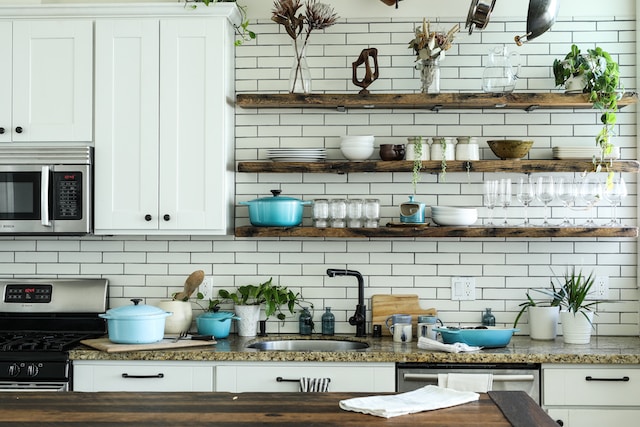Are you a food producer looking to start selling your products in Ohio? If so, you need to be aware of the state’s cottage food laws. These laws determine what types of food you can sell, how you need to package it, and where you can sell it. Here’s everything you need to know about Ohio cottage food laws.
What is a cottage food?

A cottage food is any non-hazardous food product that you prepare in your private home kitchen. Under Ohio cottage food laws, you won’t have to have your home kitchen licensed or inspected, however, the Ohio Department of Agriculture may test your cottage food products. Products made in a home must not be potentially hazardous, meaning they do not require refrigeration or special handling in order to remain safe for consumption. Examples of cottage foods include baked goods, jams, jellies, and some candies.
It’s important to note that there are different regulations for home bakeries. The Ohio Department of Agriculture must license and inspect home bakeries. There is an annual home bakery license fee of $10.

Where can cottage food producers sell food in Ohio?
Cottage food producers can sell their products at farmers’ markets, roadside stands, festivals, restaurants, and grocery stores. You can take online orders as well, but all food sales must take place within the state of Ohio.
Start taking online orders for pickup and delivery in Ohio with Airmart.
What are the labeling and packaging requirements for cottage foods?
You must label all cottage foods with the following:
1. Statement of Identity – the name of the food product;
2. Net Quantity of Contents – the net weight, in both U.S. Customary System (inch-pound system) and International System (metric).
3. Ingredient List – ingredients of the food product, listed in descending order of predominance by weight;
4. Statement of Responsibility – the name and address of the business;
5. The following statement in ten-point type: “This Product is Home Produced.”
Additionally, you must properly package all items in a manner that prevents contamination.
Ohio Cottage Food Law Restrictions

There are certain restrictions on what foods you can sell from home in Ohio. For example, you cannot sell any potentially hazardous foods, such as those that require refrigeration or special handling. This includes food that contains meat or seafood.
Ohio’s cottage food laws provide producers with the opportunity to sell their products in a variety of direct-to-consumer venues. However, it’s important to be aware of the labeling and packaging requirements, as well as the restrictions on what types of foods you can sell.
Ready to start your cottage food operation? Sign up with Airmart, the best ecommerce software for food producers. With Airmart, you can easily create an online store to start selling your products in no time. Get started today!